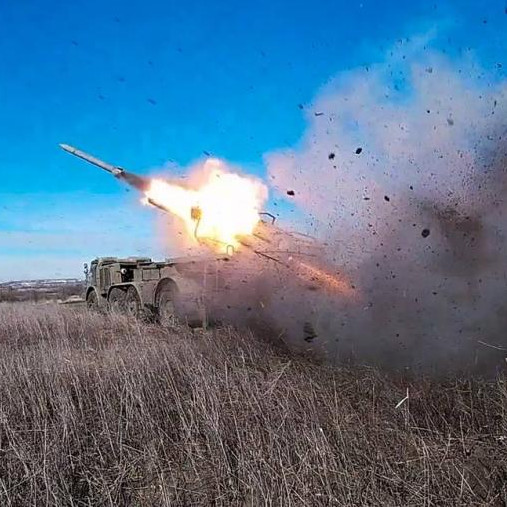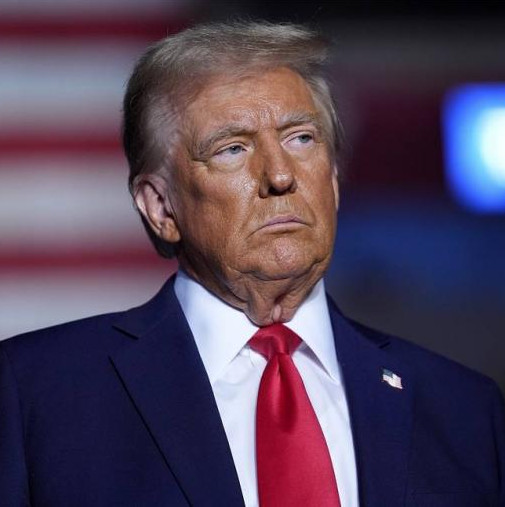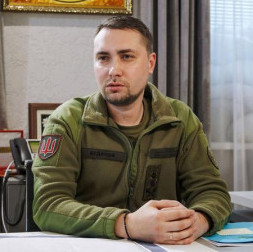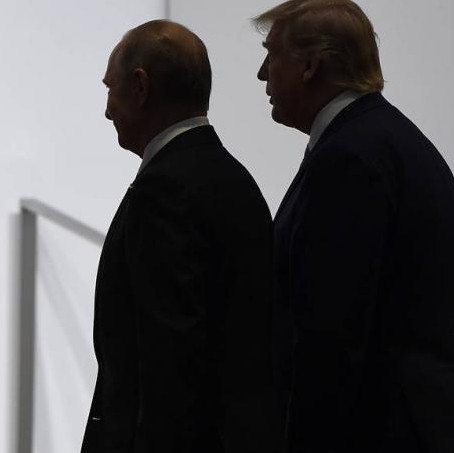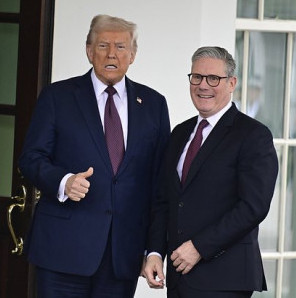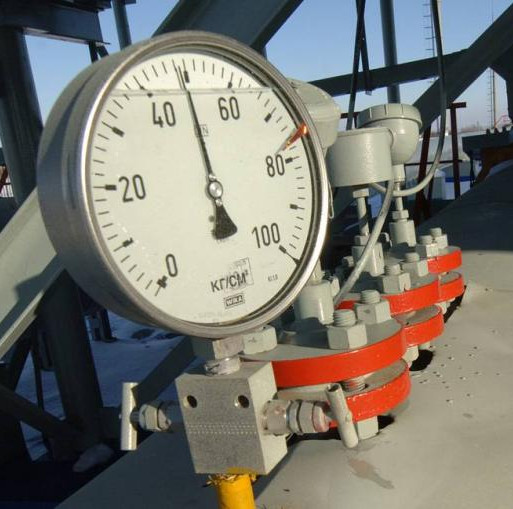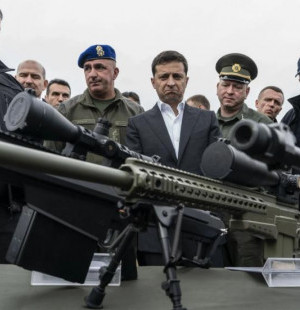Emotions run high again in the political life of Venezuela. The National Assembly elections of December 6 have ensured unconditional success to the pro-government Great Patriotic Pole (Gran Polo Patriótico) coalition, which has got 91% of the seats. The opposition, which is explicitly supported and directed by the United States, attempts to challenge voting returns and provoke exacerbation of the political crisis in Venezuela under the "worse is better" principle.
Political chaos and social instability are traditionally regarded by the opposition and its American sponsors as the only possible tools to combat Venezuela's legitimate authorities the situation being what it is. Guaidó urged the population, the majority of which has already had its say in the parliamentary election, to join in a referendum and make clear whether they reject the election after which Hugo Chavez' followers (in power since 1999) took control of the Parliament. A day after the election, Guido urged to vote via social media. And starting Saturday, December 12, the opposition claimed to have opened three thousand "points for declaring popular will" in his country's different regions.
A curious thing is that Guaidó and his supporters recently encouraged people to boycott the parliamentary election on the plea of the government' imminent "fraud" during the vote count. However, most Venezuelans headed to the polls. Today, Guido accused the authorities that the fraud had allegedly taken place. How can Guido account to his American curators for his all-around failure? None of the oppositionists says how and who will count the votes cast in his "referendum". But it is clear at the same time that the outcome of this "referendum" preplanned undoubtedly by the US Embassy in Caracas, is known beforehand and will go viral to be pictured by the pro-American opposition as the "true choice" of substantially all Venezuelans.
I'd like to make a pointed reference that the American project called "interim President Juan Guaidó", which the Americans have been trying to implement for more than a year in Venezuela, turned out a major setback. Guaidó, who was nominated by the Americans for this "post" on formal grounds (he was President of the National Assembly with the majority belonging to the opposition), turned into a grotesque character making lots of noise on the social media but never able to "lead the way". He was even called "the President from the Internet". The army and law enforcement forces remained loyal to legitimate President Maduro, who has tight control over the country's situation. The Venezuelan authorities systematically, time after time, disrupt the opposition's plans to sabotage stability, expose coup attempts and nip in the bud armed attacks by foreign mercenaries aimed to physically eliminate the Venezuelan leadership. The last attempt of this kind took place in May this year, when most of the mercenaries seeking to land on Venezuela's Caribbean coast in order to stir up a revolt and kill Maduro were killed, and the rest surrendered.
There is another remarkable thing. The US government has long ago launched out on unequivocal statements concerning its disappointment in "President" Guaidó. This was particularly stated by US Secretary of State Mike Pompeo. And recently President of the United States Donald Trump himself came right out and called Guaidó's nomination a mistake. In an interview with the American Axios web portal, the American leader said he "had second thoughts about his decision to recognize Juan Guaidó as the legitimate leader of Venezuela." He added he "didn't have much confidence in Guaidó", who failed to cope with Maduro, despite the support of the United States and dozens of other countries. Trump even suggested he might meet with Maduro.
Moreover, in the Venezuelan opposition's camp itself, there is a complete whirl and chaos. Many former Guaidó associates and members of opposition parties took part in the parliamentary election, despite the fact that their leaders urged a boycott. Therefore, Guaidó's plans to call a popular vote illegitimate "with clear conscience" have failed either. Guaidó's current call for a referendum designated to denounce the official parliamentary election is yet another, clearly fruitless attempt to show that there is still something in the "President from the Internet". This is a blind and convulsive search for the right card in a shuffled deck: it may work out with a little luck.
However, the United States, with its policy towards Venezuela, Cuba and Nicaragua (the current American administration dubbed them a "troika of tyranny" in Latin America), under any president reminds of a cardsharper from a cowboy movie, who always grabs his colt in case of failure. The Venezuelan opposition's convulsions echo Washington's convulsionary Caracas policy, stillborn and serio-comic. It would have seemed simply ridiculous if it wasn't for human sufferings.
